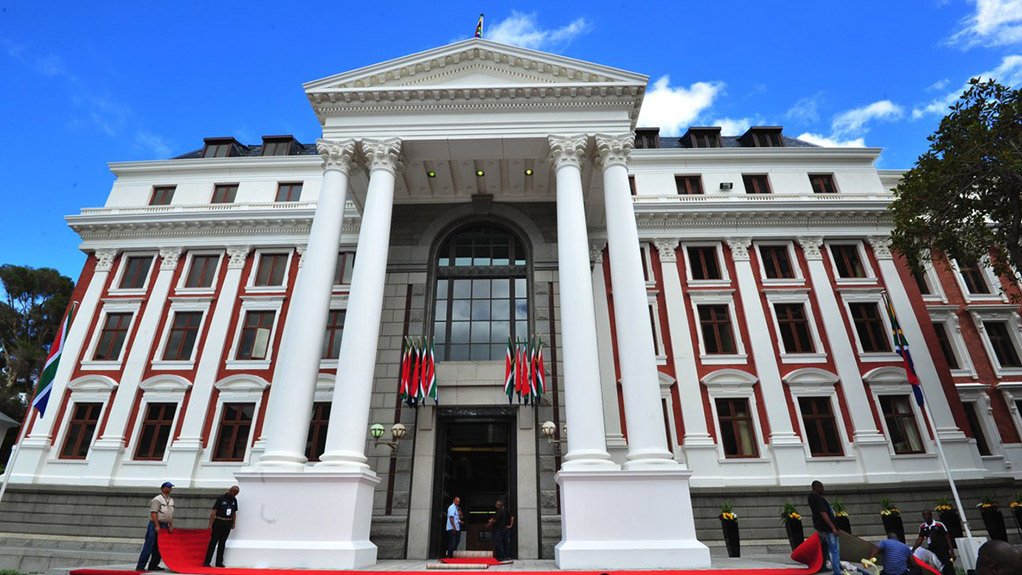South Africa's newly elected parliament convenes on Friday to choose the country's next president with the public still in the dark about which parties will join the African National Congress (ANC) in government and the policies they will pursue.
The ANC, which has been in power since the 1994 elections that marked the end of apartheid, lost its majority for the first time in a May 29 vote and has been trying to put together a broad-based government of national unity.
President Cyril Ramaphosa, the ANC leader, is likely to win a new term in office as the party has the largest number of seats, but he may have to make significant policy concessions to political adversaries.
As of Thursday night, the ANC said other parties including the pro-business Democratic Alliance (DA), its largest rival, had agreed to take part but a precise deal had yet to be nailed down.
Helen Zille, one of the senior DA officials on the party's negotiating team, said on Friday details were still being ironed out half an hour before parliament was due to sit.
"At 2 a.m. we thought we had a final settlement and agreement. This morning a few issues have arisen and they are just trying to sort those out," she told public broadcaster South African Broadcasting Corporation (SABC).
"We are going to have to work until the very last minute to get an agreement in place," she said.
The ANC won 159 out of 400 seats in the National Assembly while the DA got 87. The populist uMkhonto we Sizwe (MK) party led by former President Jacob Zuma has 58, the hard-left Economic Freedom Fighters 39 and the socially conservative Inkatha Freedom Party 17.
ANC'S DILEMMA
The Inkatha Freedom Party (IFP) was the first to confirm it would take part in a unity government with the ANC and the DA.
"We are finalising the last details this morning because we are determined that we must get our country going," IFP leader Velenkosini Hlabisa told SABC early on Friday.
"The framework (agreement for a government) is part of discussions. Even overnight it was looked at," he said.
Under South Africa's constitution, the National Assembly must convene within two weeks of legislative elections being declared to elect its speaker, deputy speaker and the country's president.
Friday's session was scheduled to start at 10 a.m. (0800 GMT) in a convention centre in Cape Town. Parliament's permanent complex was badly damaged in a fire in 2022 and has not yet reopened.
The ANC's central dilemma since the election has been whether to work with the DA, which investors like because of its free-market policies but is unpopular with ANC voters who see it as a defender of the privileged white minority's interests.
A deal with the Economic Freedom Fighters (EFF), which advocates seizing land from white farmers and nationalising banks and mines, would potentially have been more popular with grassroots ANC supporters, but carried the risk of spooking financial markets and big business.
Analysts say the inclusion of the IFP, with its ethnic Zulu base, may help sweeten the DA pill for ANC voters.
Zuma's MK party, a new entrant on the political scene that came a surprisingly strong third in the election, has nevertheless alleged it was deprived of victory by vote-rigging and has said it would boycott the new parliament.
The Constitutional Court, South Africa's top court, dismissed MK's application to stop parliament from sitting on grounds of electoral fraud as without merit. The Independent Electoral Commission said the election was free and fair and other parties have not contested the results.
EMAIL THIS ARTICLE SAVE THIS ARTICLE
To subscribe email subscriptions@creamermedia.co.za or click here
To advertise email advertising@creamermedia.co.za or click here











